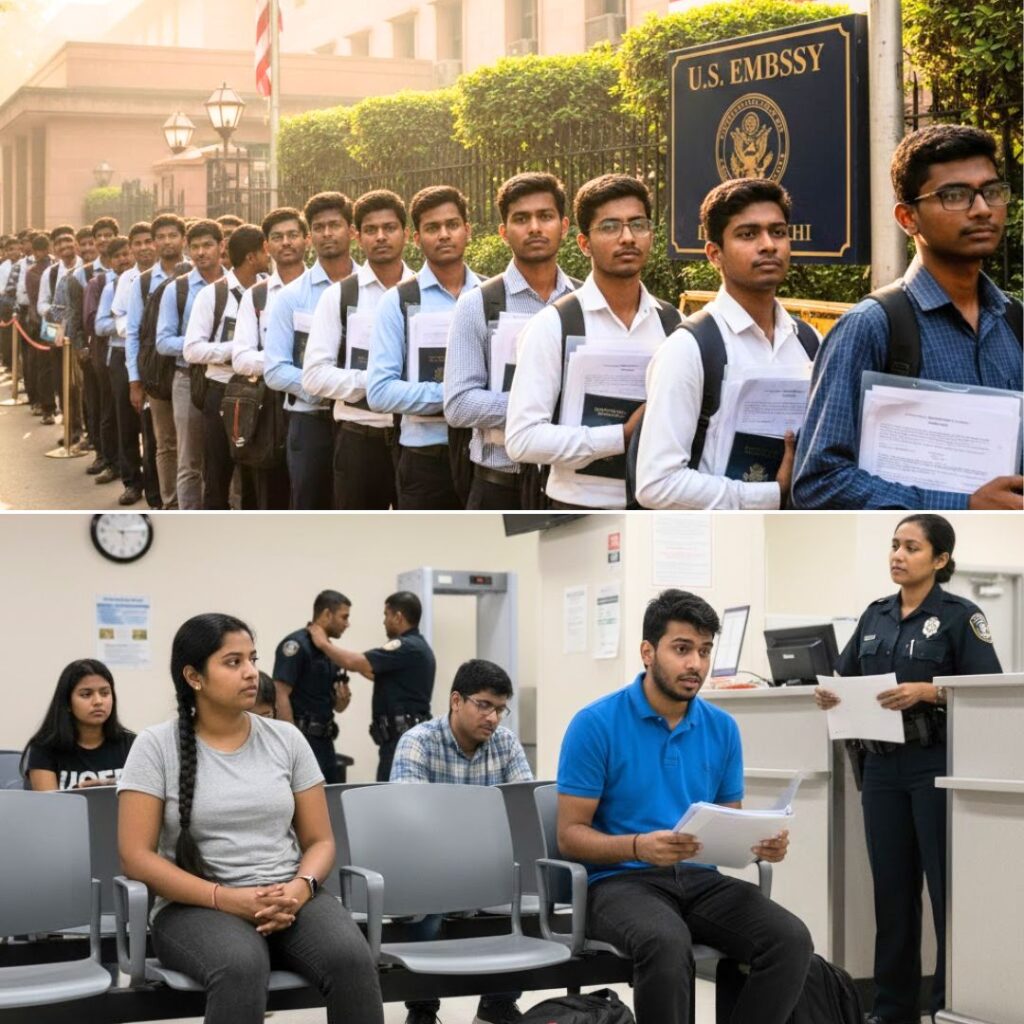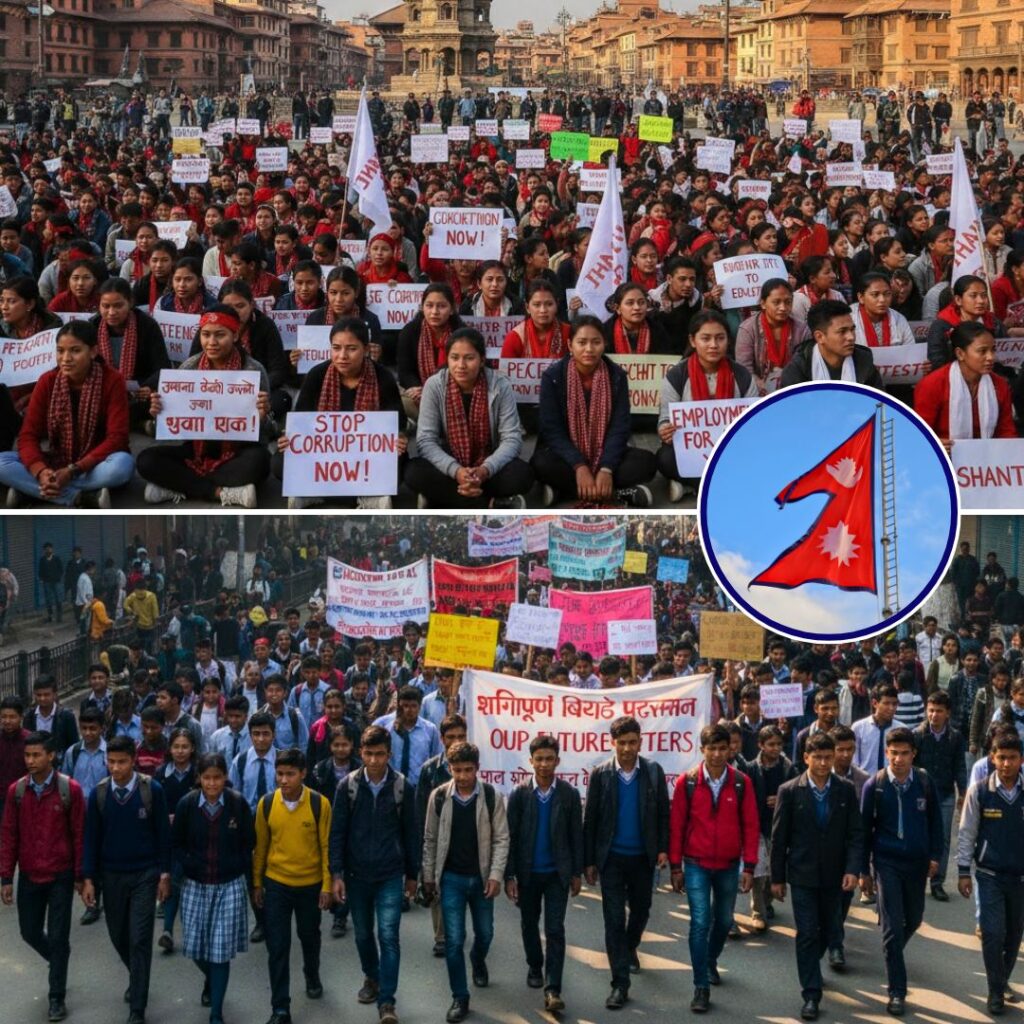Change in climatic conditions could pose a massive USD 200 billion risk to the Indian GDP (Gross Domestic Product) as the rising temperatures have been estimated to reduce the number of hours of outdoor activities.
A report has pointed out that the risk in the country’s economic activities would be because the number of daylight hours during which the outdoor work be termed ‘unsafe’ would approximately increase 15 per cent by 2030 as compared to the present levels.
The report by McKinsey Global Institute (MGI) has stated that a considerable increase in heat and humidity would put approximately 2.5–4.5 per cent of GDP at risk within the next ten years.
‘…lost labour hours due to increasing heat and humidity could put approximately 2.5–4.5 per cent of GDP at risk by 2030, equivalent to roughly USD 150–250 billion,’ it said, reported Mint.
It further stated that a substantial 160-200 million people in the country could annually bear a five per cent chance of being exposed to a lethal heatwave in the absence of targeted adaptation action, within the next ten years.
According to the figures pertaining to 2017, heat-exposed work contributes nearly half of the GDP, driving about 30 per cent of GDP growth. Reports highlighted that it employed about 75 per cent of the labour force or a staggering 380 million people.
Stressing on the solution to combat the mounting challenges, the reports said that India would have to shift working hours for outdoor labourers, undertake measures for heat management in the cities and also take into consideration the movement of labour and capital out of high-risk areas.
Adaptation measures would turn out to be challenging for the urban poor, the group that would need public support. It estimated that capital cost of USD 110 billion would be required by 2030 to provide air-conditioning alone.
Apart from an impact on the workforce, there would also be a significant effect on the country’s agricultural produce.
There is a likelihood of a massive 10 per cent reduction in yields on crops like rice, corn, wheat and soy, according to the estimates.
‘Indian agriculture may be hit not only by lost hours from extreme heat and humidity but by potential yield declines as well,’ the report said.
‘We examined the probability of a yield decline or improvement of greater than 10 per cent for today, 2030, and 2050. We find that certain countries are more exposed than others because of their climatic conditions and composition of crops, with India being the most vulnerable,’ it added.
The increasing climate risks have been estimated to cause a permanent change in the agriculture production indigenous to a place. It would not necessarily reduce agricultural yields for some breadbaskets or crops, but they will likely lead to production volatility and end up destabilising farmers’ incomes.
Destabilising of the farmer’s income due to oversupply and undersupply of the produce could result either in food shortages or price spike.
Suvojoy Sengupta, partner at McKinsey & Company who contributed research to the report, said policies need to be designed to mitigate the impact of climate change. He added that barring a few exceptions, the country lacks a unified approach to tackle the challenges.
Drawing attention to India’s growing investment in developmental projects like airports and roads, Sengupta said that there is an ‘urgent need’ to keep the possible impact of climate change into consideration.
He further added that given the changes in rainfall pattern, with some years experiencing a higher magnitude of rainfall, already existing hydel power stations have started checking if the dams can hold the additional water. There is also an immediate need to measure the risk posed to such structures due to the retention of an additional volume of water.
There is also a need to accelerate the decommissioning of coal-based power generation plants to reduce the carbon emissions, he said, pointing out to studies which say the cost of decommissioning can be between USD 110-220 billion over the next decade.
‘Between 1951 and 1980, across India, an average of approximately 10% of daylight hours were effectively lost for outdoor work due to extreme heat and humidity in a given year. Today, climate models indicate that this has increased to roughly 15% on average across India,’ he added.
However, on the positive side, India has emerged as the only country among the G20 nations which is on track to meet its 2015 goals on climate change under the Paris Agreement.
India’s has become the only ‘2°C compatible’ country which is on track to meet emissions targets set in 2009. The report was released by a coalition of 14 global thinktank, including TERI (The Energy and Resources Institute) which also revealed that the other 19 countries were far from achieving their goals.
Minister of Environment, Forest and Climate Change Prakash Javadekar, on Saturday, November 28, launched the ‘India Climate Change Knowledge Portal’. The portal will have data of al…












